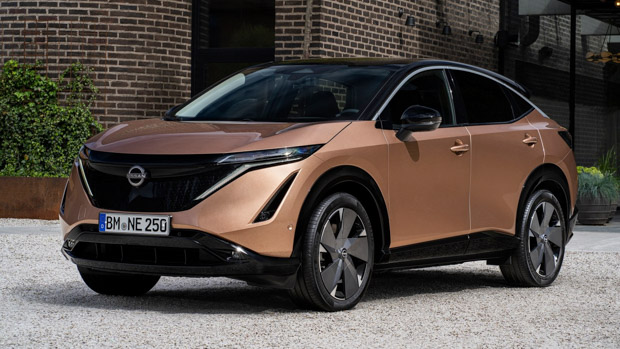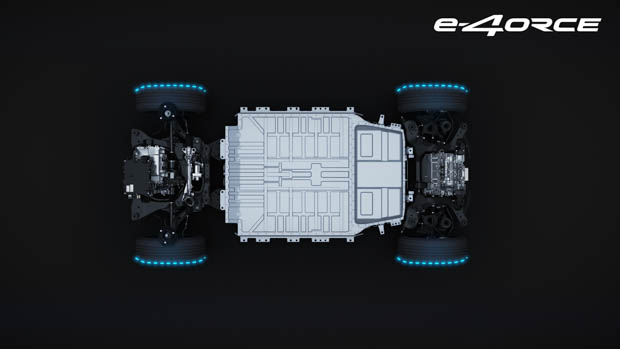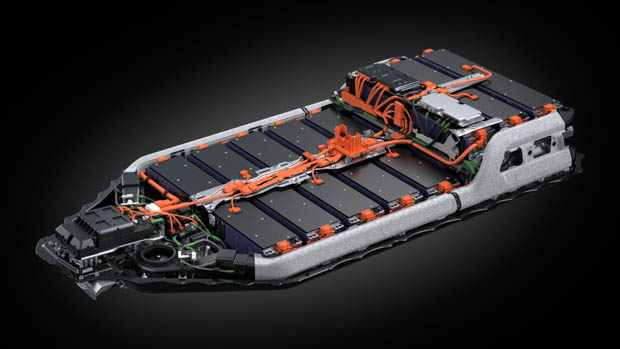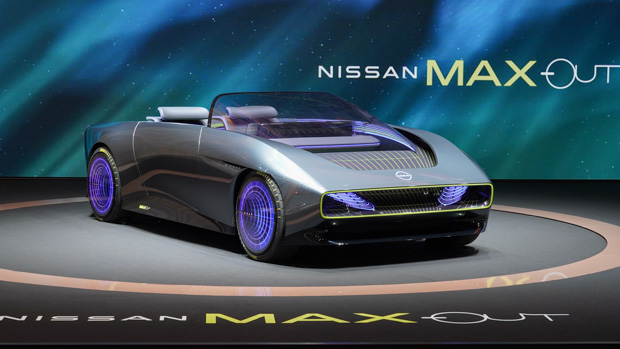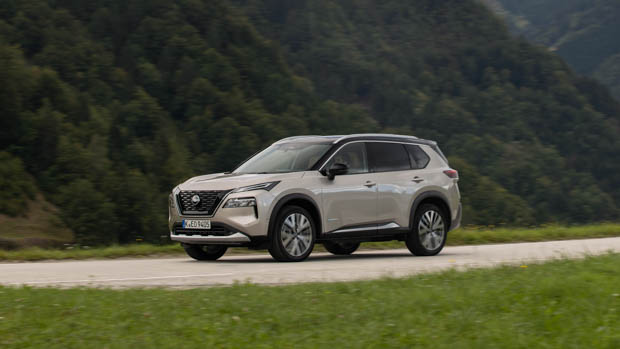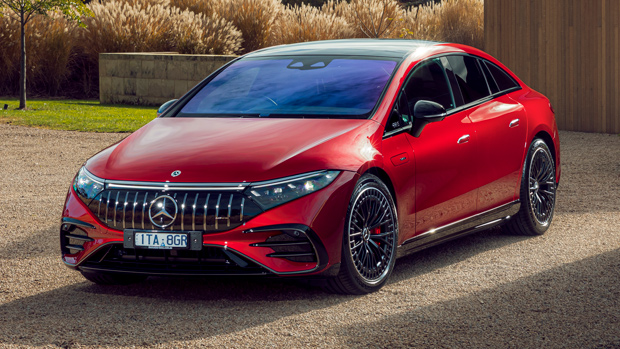-
Car Reviews
- All reviews
- Midsize SUVs
- Small cars
- Utes
- Small SUVs
- Large SUVs
- Large cars
- Sports SUVs
- Sports cars
- Vans
Latest reviews
- Car News
-
Car Comparisons
Latest comparisons
- Chasing Deals
Solid-state batteries promise to offer more range and faster charging times while also potentially lower the cost of EVs but there are still some hurdles to jump first
A key Nissan executive has confirmed plans to build its first EV with a solid state battery are on track to go on sale in 2028, while claiming the new technology will allow for the electrification of more demanding vehicles such as large utes and SUVs.
Nissan’s solid-state battery plan starts with having a new plant operational by 2025, where development for the new technology is set to be completed by 2026.
The next step on the road map includes implementing the new batteries in a mass production vehicle by 2028 – though it’s not clear what type of vehicle would be the first to use this technology.
News of Nissan’s bold solid-state battery plans comes from an Autocar report where David Moss, Nissan’s senior vice-president for research and development in Europe spoke on the topic.
“We want to get the cost down [compared with lithium ion batteries] by 50 percent, to double the energy density and to offer three times the charging speed,” Moss said.
That density will likely prove a huge benefit to car makers, with Moss going onto to say that solid-state technology would allow them to introduce electric mobility to the largest pick-up trucks and SUVs.
Moss added that Nissan was working in conjunction with Oxford University on the project, and as the solid-state name suggests, removing liquid elements entirely from batteries was the end goal.
Nissan previously revealed that it recently has poured $24.7 trillion AUD in the technology, doubling its investment since 2010.
Nissan previously announced in November 2021 that it was planning to launch 23 new hybrid and pure electric vehicles by 2030 and was investing heavily in solid state batteries.
As part of this investment, the Japanese car maker said it would seek to build a pilot plant in early 2024, with the facility said to be fully operational by 2028.
Nissan currently offers the all-electric Ariya midsize SUV in overseas markets, which sits on the brand’s exclusively electric CMF-EV platform.
We can expect to see the majority of these 23 vehicles to be SUVs to suit the current taste of buyers, with the new-generation Leaf said to transform from a hatchback to a small SUV.
However Nissan has also previously shown off a wide variety of concept vehicles including the ‘Surf Out’ ute concept, ‘Hang Out’ MPV and ‘Max Out’ convertible.
Once solid state batteries are built, the benefits are almost endless over traditional lithium-ion batteries.
They possess better energy storage capabilities, increased reliability, heat resistance, and above all else, increased operation safety.
For example, where a regular lithium-ion battery is capable of between 2000 and 3000 cycles before it begins to show signs of degradation, a solid-state battery can manage up to 10,000 cycles before doing the same.
On top of this, solid-state batteries also address the main issue that electric vehicles currently have – charging speeds. In some cases, a solid-state battery will be able to charge up to four times faster than current EV batteries.
There are also benefits at the bottom line, with Nissan claiming that solid-state batteries will be significantly cheaper. In late 2021, it revealed plans to bring battery pack costs down to $75/kWh by 2028, down from the average of $157/kWh at the time.
Nissan will continue to work on lithium-ion batteries alongside this solid-state development, and Moss stated that the Japanese brand is expecting to introduce a next-generation lithium battery in the coming years.
A cobalt-free lithium-ion battery is also slated for a 2028 introduction, something that would likely reduce battery costs by up to 65 percent, according to Moss.
While it might not be cobalt-free, Mercedes introduced a low-cobalt battery in the EQS back in 2021. This NMC811 unit uses just 10 percent cobalt and can be charged at over 200kW.
Though Nissan is one the first brands to put a date on vehicle implementation, solid-state batteries aren’t a new concept in the electric vehicle market.
Toyota previously announced a partnership with Panasonic, in which a solid-state battery will be used in a hybrid in 2025. Along the same lines, a startup by the name of Solid Power has commenced work with Ford and BMW to produce solid-state batteries.
Latest news
About Chasing cars
Chasing Cars reviews are 100% independent.
Because we are powered by Budget Direct Insurance, we don’t receive advertising or sales revenue from car manufacturers.
We’re truly independent – giving you Australia’s best car reviews.
